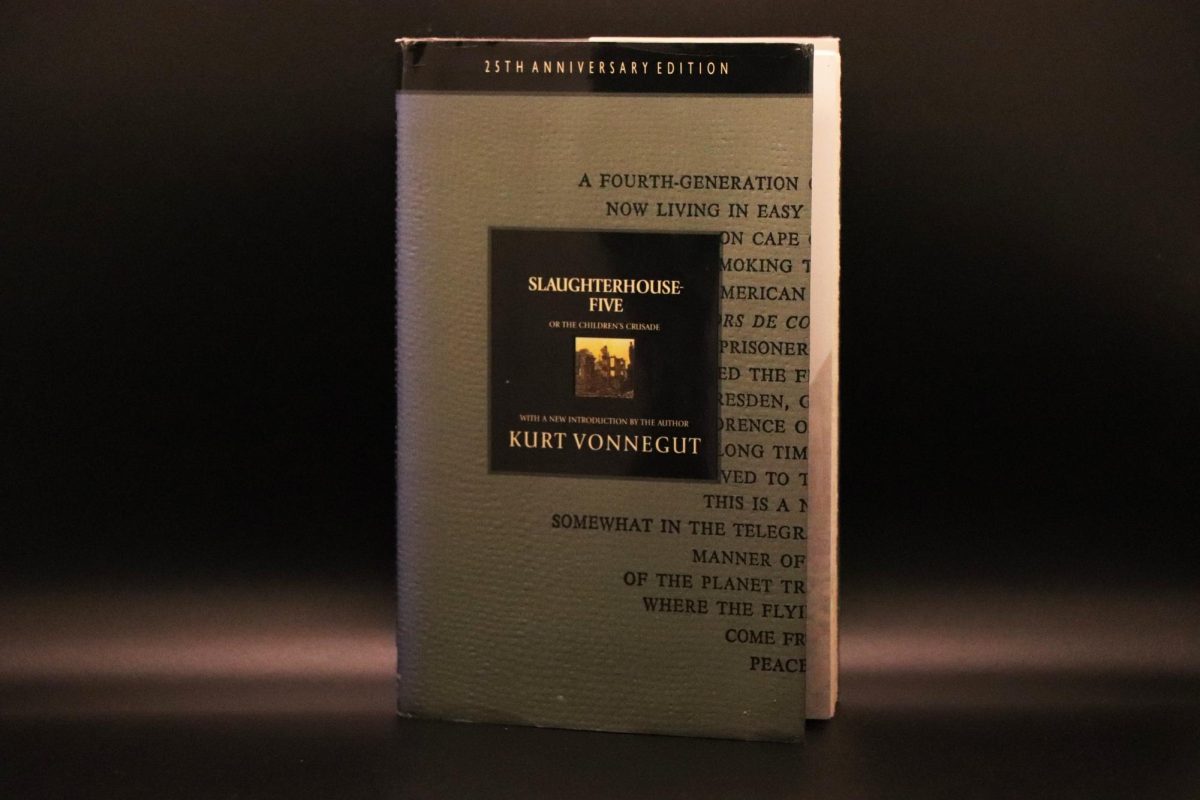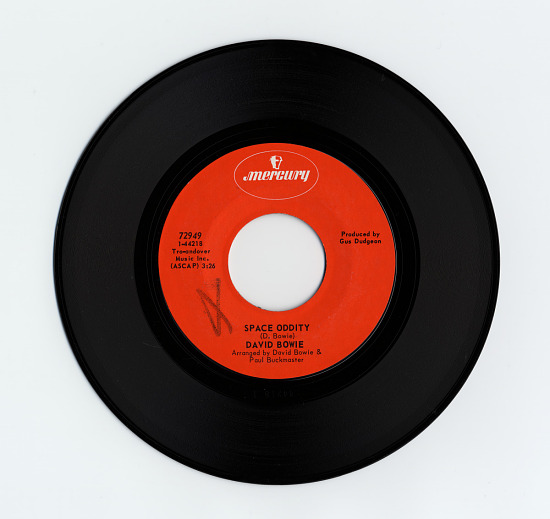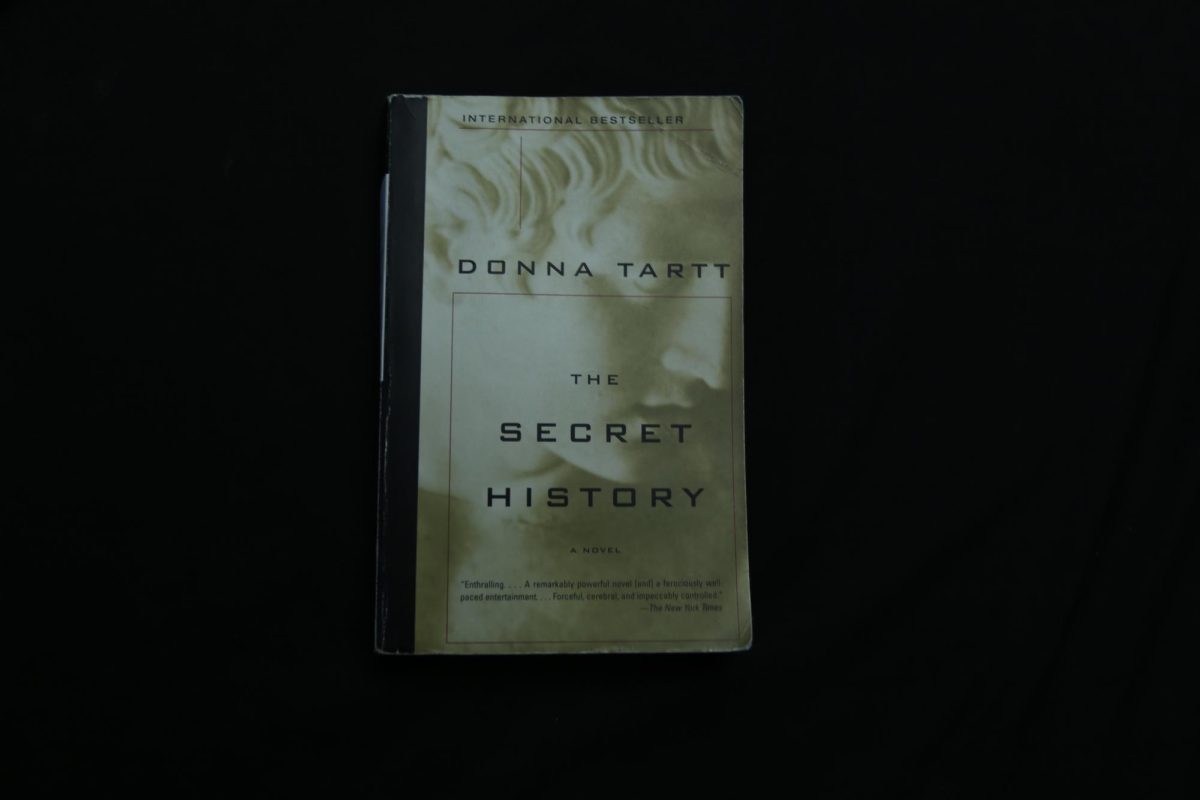On the final page of “Slaughterhouse-Five” by Kurt Vonnegut, Billy Pilgrim finds himself lost in the ashen moonscape of a city bombed to the ground. But as the book builds to its climax, Billy’s narrative cuts out. All we’re left with in the sweeping scene of destruction is birds singing, and the book ends: “Poo-tee-weet?”
This is the core dilemma of “Slaughterhouse-Five”: how do you express something beyond expression? Centered around the Allied firebombing of Dresden in 1945, which Vonnegut lived through as a prisoner of war, the book constantly struggles for words. Sometimes it finds them and sometimes, in the most crucial moments, comes up short.
“Slaughterhouse-Five” follows Billy Pilgrim through his experiences as a captured American soldier in the Second World War. Billy’s fictional path mirrors Vonnegut’s lived one, except for one important difference: Billy is immune from facing the atrocities occurring before him. At times when things get too painful — when it would be impossible for anyone to make it with their mind in one piece — his consciousness leaves. He becomes “unstuck in time.”
While “Slaughterhouse-Five” can feel frustratingly impenetrable at times, taken as a complete work it paints an impressively rich picture. Motifs that make little sense when they’re first encountered develop their meaning throughout the book. This creates a unique sense of circular resolution, as the first pages can only be understood in the context of the final ones.
“Slaughterhouse-Five” is a deeply personal story about truly traumatic personal experiences. Despite this, Vonnegut never loses his signature sense of humor. Indeed, Vonnegut’s deadpan wit is packed so densely that extracting meaning from it seems impossible. It can easily feel like the stream of one-liners impedes the story but Vonnegut is actually making a deeper point. His book is itself a demonstration of shielding trauma behind humor. In that light, the jokes’ purpose becomes clear.
“Slaughterhouse-Five” does not pretend to be easy reading. It is confusing, redundant and plays no games of building suspense. Many of Vonnegut’s threads are never concluded and others are drawn out painfully. It requires an ability to look past the distractions, combined with a perceptive view of them, to appreciate fully.
Despite the depth of meaning in the work, readers hoping for a neat conclusion will be disappointed. Ultimately, it’s a book about the futility of war, but it’s designed to confound attempts to read it as a war story. However, Vonnegut’s genius is to focus distracted tangents into one unified story. Finding that story in “Slaughterhouse-Five” is a rewarding experience that has a lot to teach about how humans can endure the very worst and tell the tale.
















